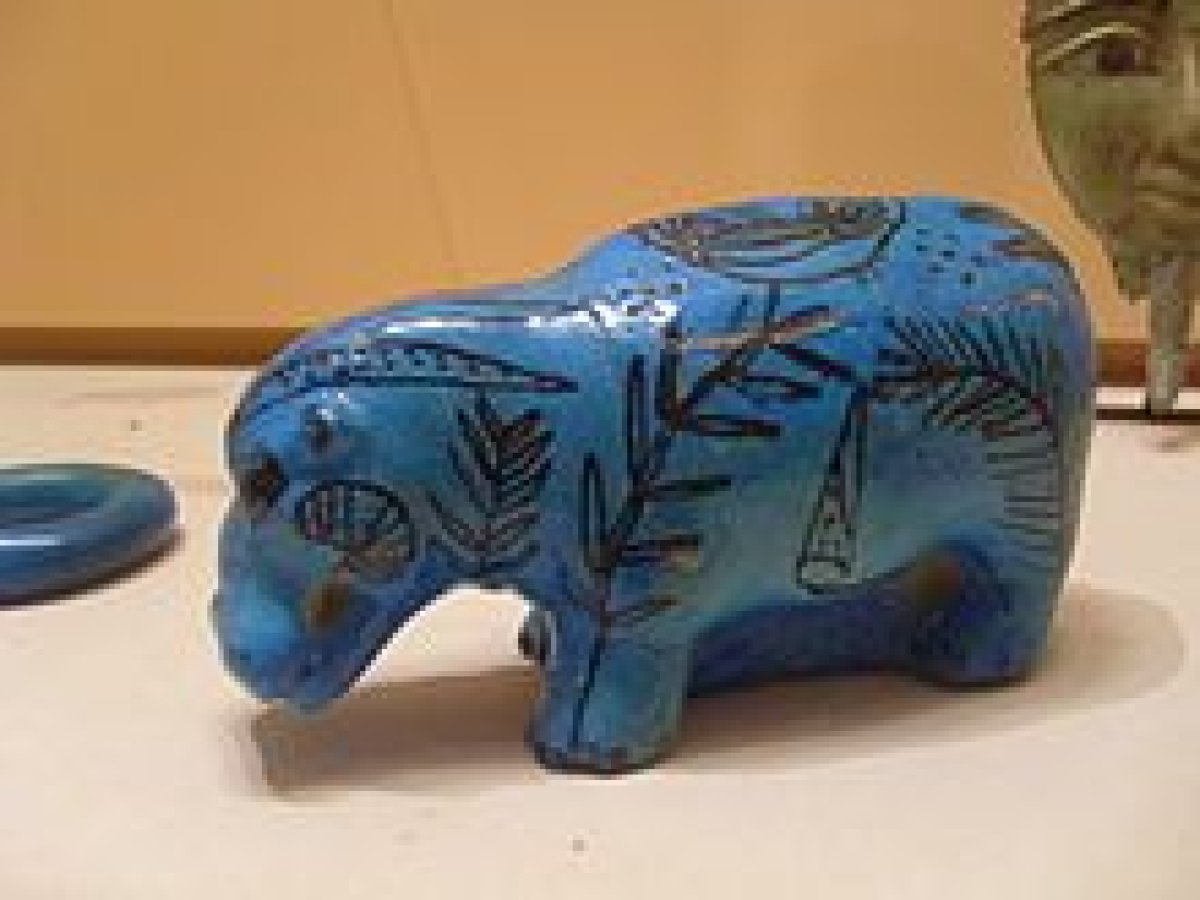
The black inks that ancient Egyptians used for writing on papyrus texts were made, in part, of metal. A collaboration of international researchers revealed for the first time that despite having their origins vary across time and space, ancient Egyptian papyri contained ink that shared a literal common element: copper.
Researchers used texts from the Papyrus Carlsberg Collection, University of Copenhagen, which they divided into two groups. One comprised private papers of a soldier named Horus who was stationed at a military camp in southern Egypt. The camp, Pathyris, fell to civil war in 88 B.C. The texts recovered from the ruins date to the late second and early first centuries B.C. The second group comes from the Tebtunis Temple Library, which remains the only known major ancient Egyptian library to survive to the present day. The researchers selected from several hundred papyrus manuscripts and fragments from the first to third centuries A.D.
The team studied the ink's chemical makeup using a combination of three techniques: laboratory XRF point analysis, Raman spectroscopy, and scanning electron microscopy-energy dispersive X-ray spectroscopy, conducted at the European Synchrotron Radiation Facility in Grenoble, France. A paper detailing the research was published in the scientific journal Nature.
"Despite their distance in time, space, and social context," the researchers wrote in the paper, "the study concluded that the black inks of Pathyris and Tebtunis revealed similar traits and that—besides carbon ink—two other distinct types of black ink were used for at least a period of 300 years: lead-containing carbon ink and copper-containing carbon ink."
Previous research has shown that copper was the preferred alloy of ancient Egyptians for a variety of purposes until the introduction of bronze (which is harder). The copper itself was composed of three main components: cuprite, azurite, and malachite. The researchers noted in their paper that all three were found at numerous locations up and down the eastern desert and the Sinai, and that they were also used to create blue- and green-hued inks.
"Similarly, Egyptian kohl or black eye paint, which is closely related to the manufacture of lead-containing carbon inks, was produced in workshops, where vitreous materials were manipulated," the paper continued.

The theory is further supported by the fact that the famous "Egyptian blue"—the much-mythologized dye that's one of the oldest artificial pigments known to exist—was also manufactured from copper byproducts. The researchers wrote that they believe their work will drive forward discussion of the many remaining unknown variables of ancient Egyptian writing; the logical next step might be to analyze the pens.
"Why and when copper-containing carbon inks were introduced in ancient Egypt remain to be explained," the paper concluded, "but perhaps it is related to the type of pen used for writing the manuscripts, since the four papyri appear to have been written with a Greek reed pen (kalamos) rather than an Egyptian reed brush."
Uncommon Knowledge
Newsweek is committed to challenging conventional wisdom and finding connections in the search for common ground.
Newsweek is committed to challenging conventional wisdom and finding connections in the search for common ground.
About the writer
Kastalia Medrano is a Manhattan-based journalist whose writing has appeared at outlets like Pacific Standard, VICE, National Geographic, the Paris Review Daily, ... Read more
To read how Newsweek uses AI as a newsroom tool, Click here.








